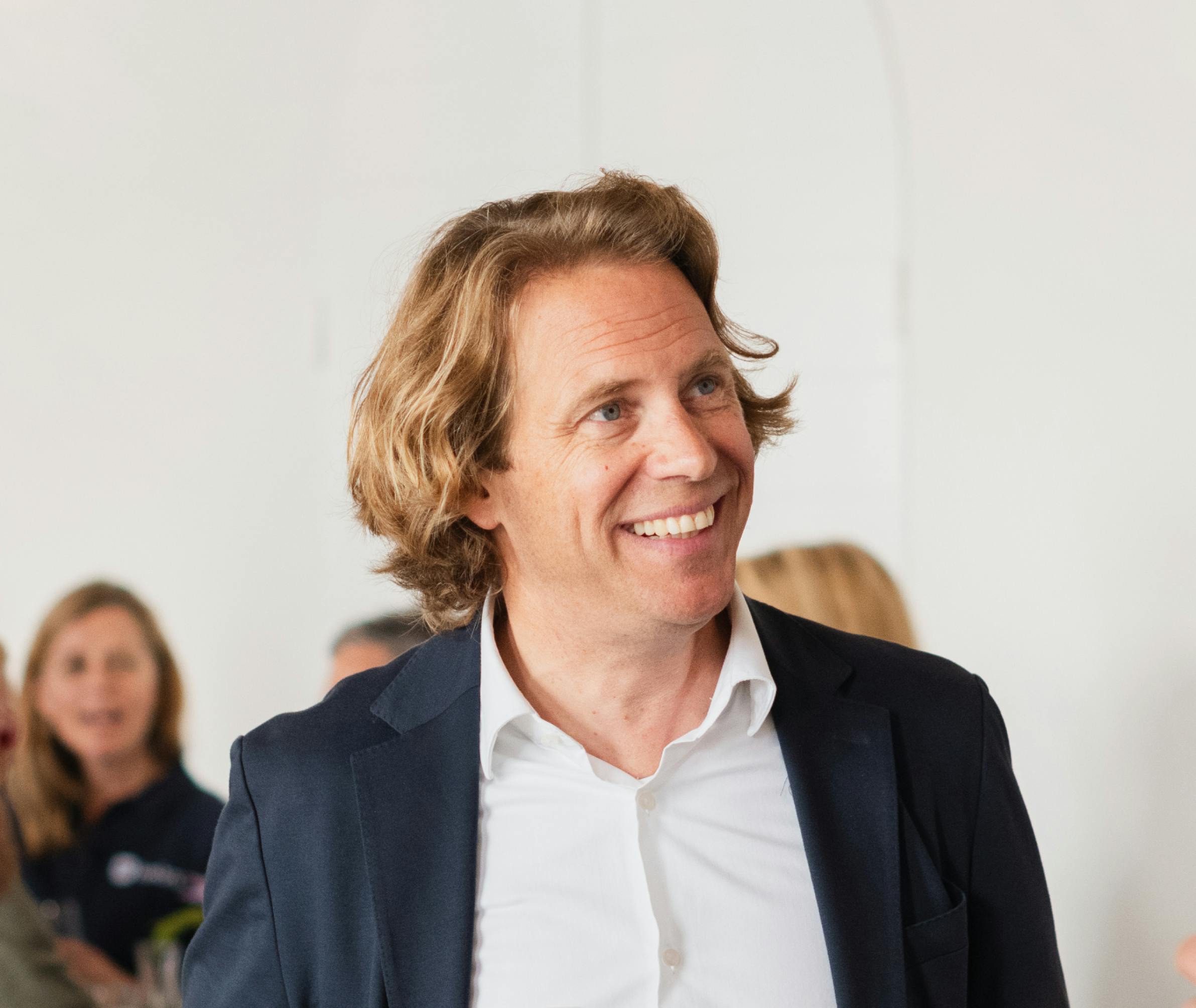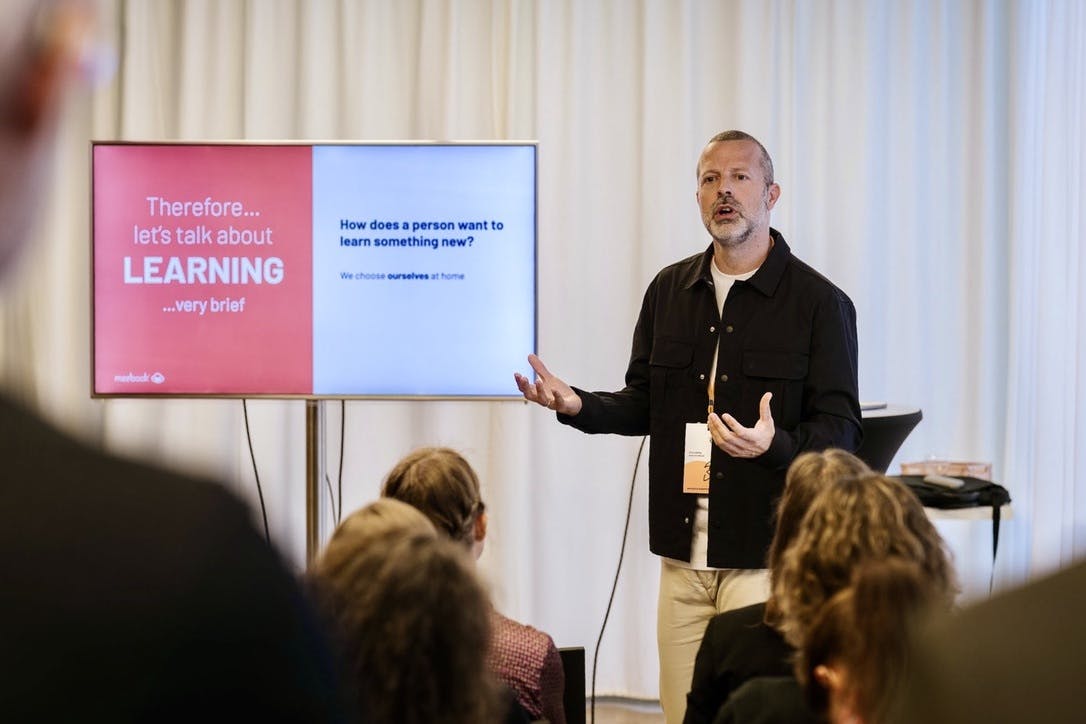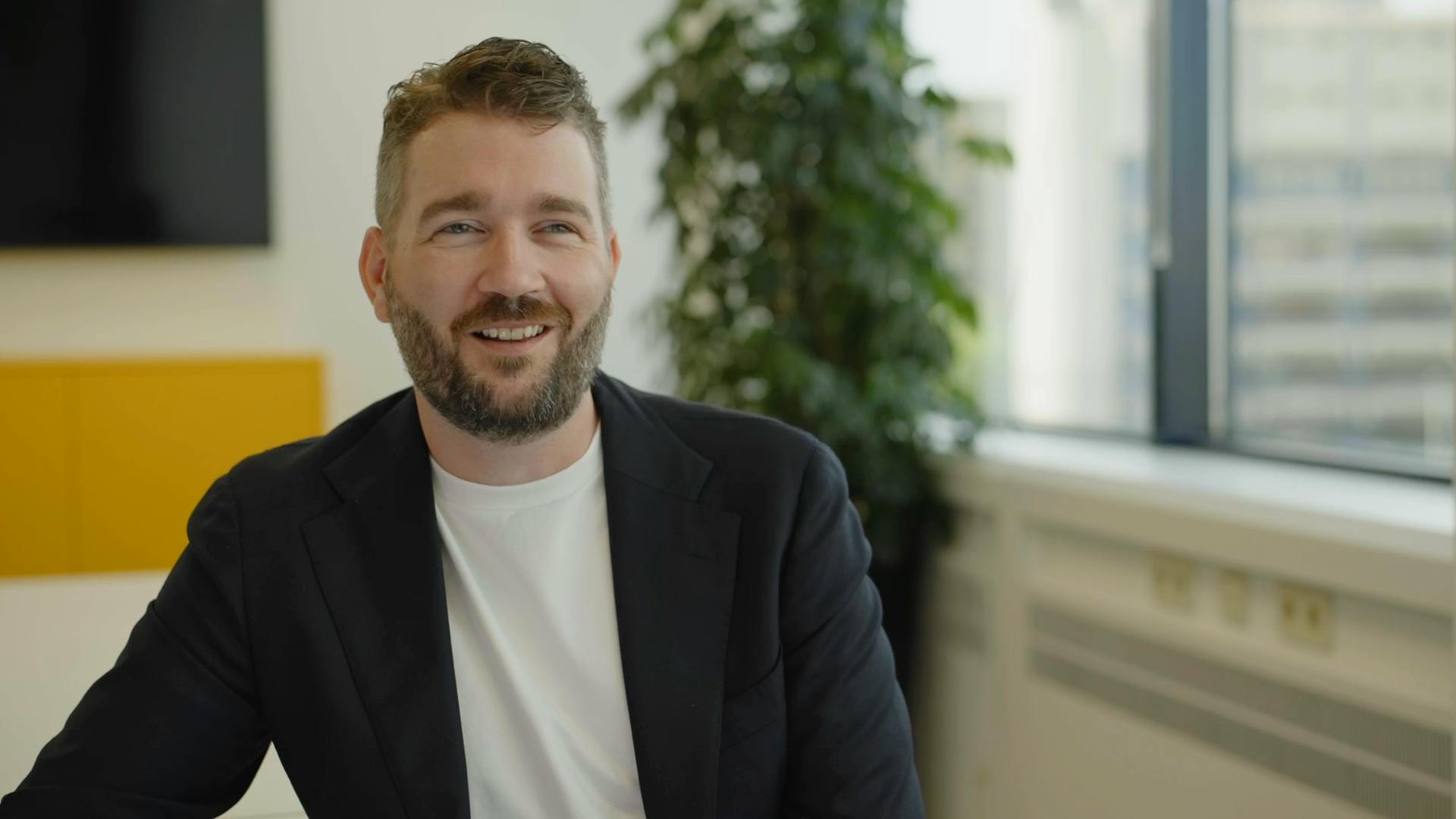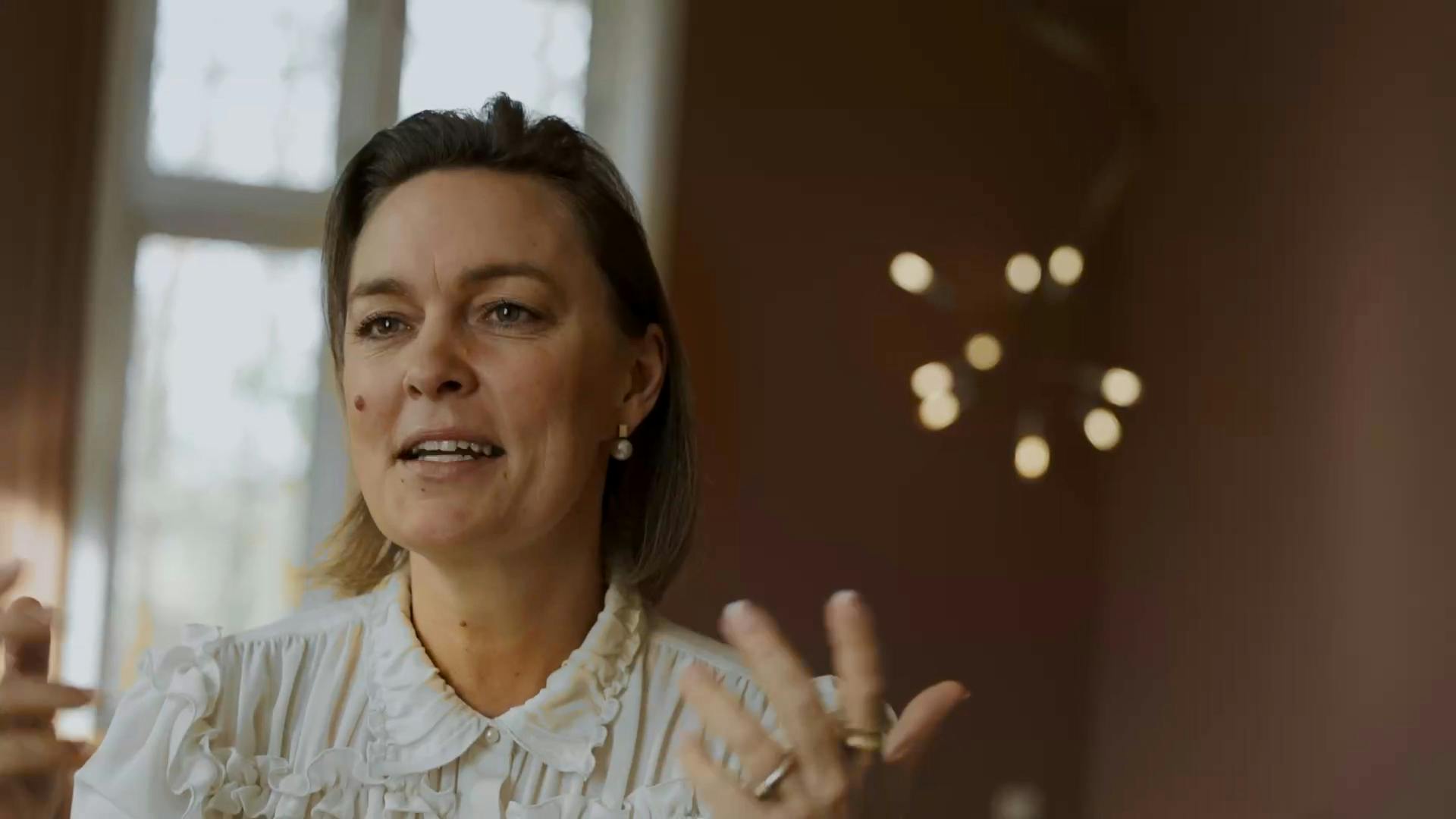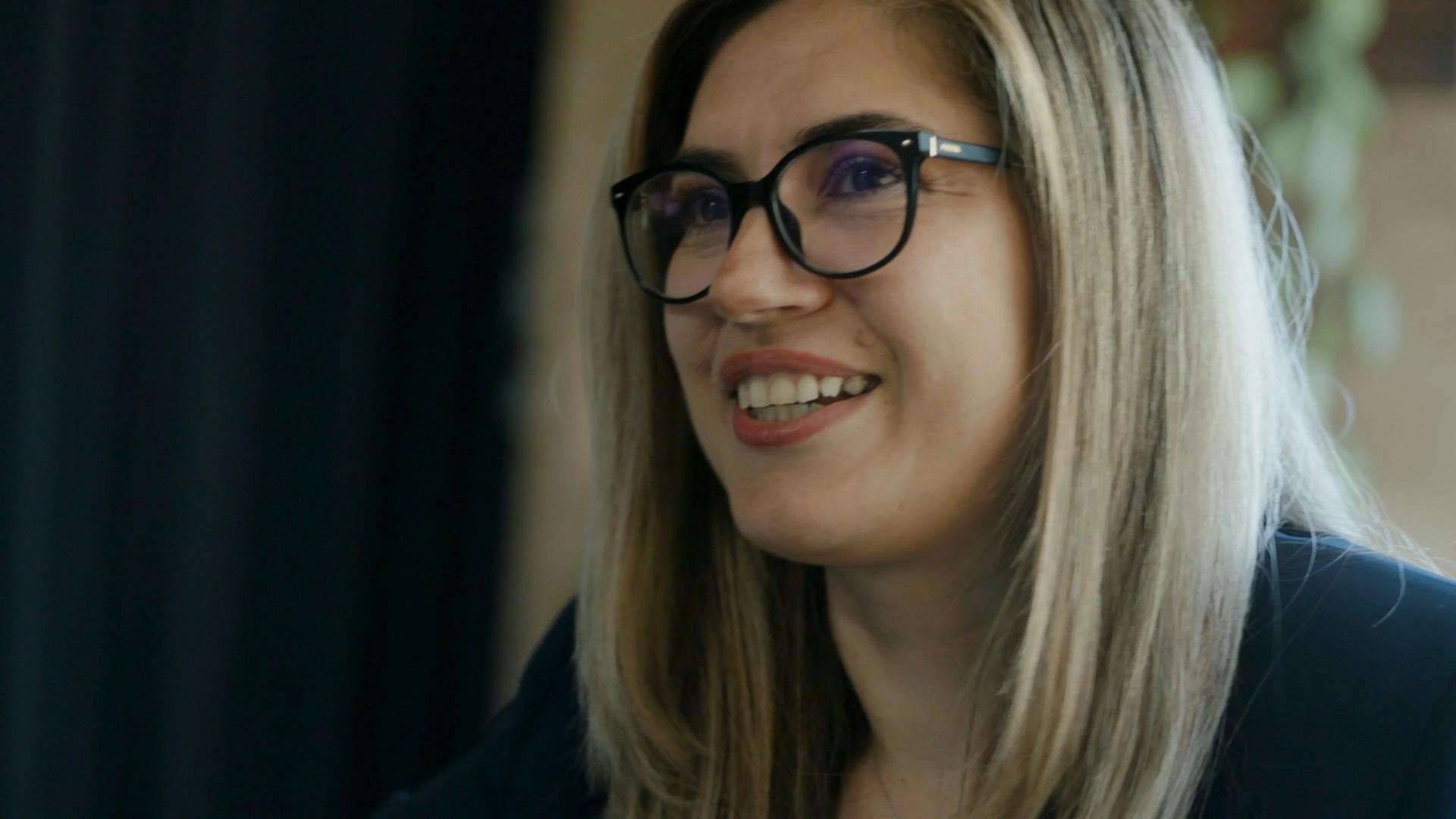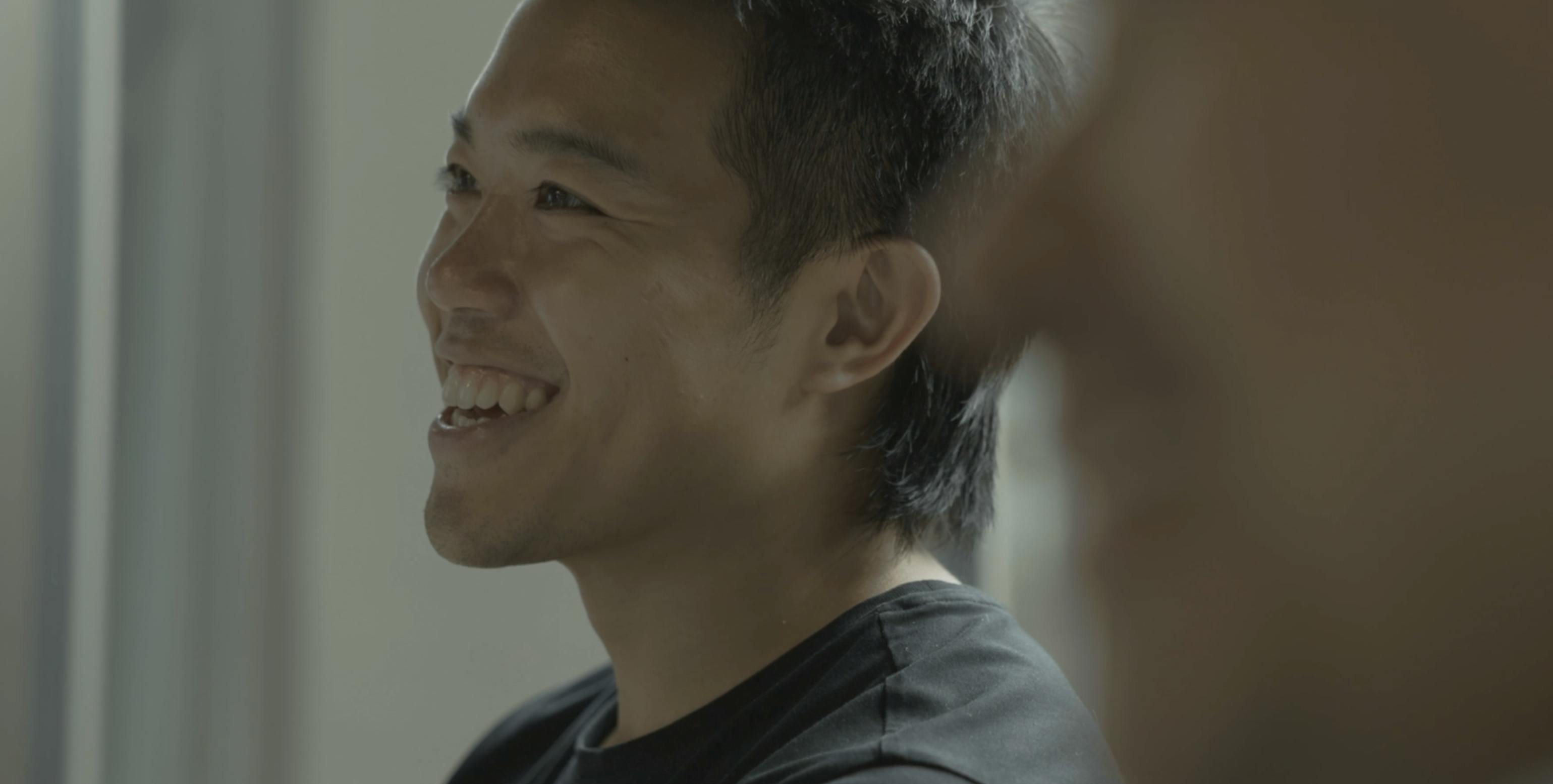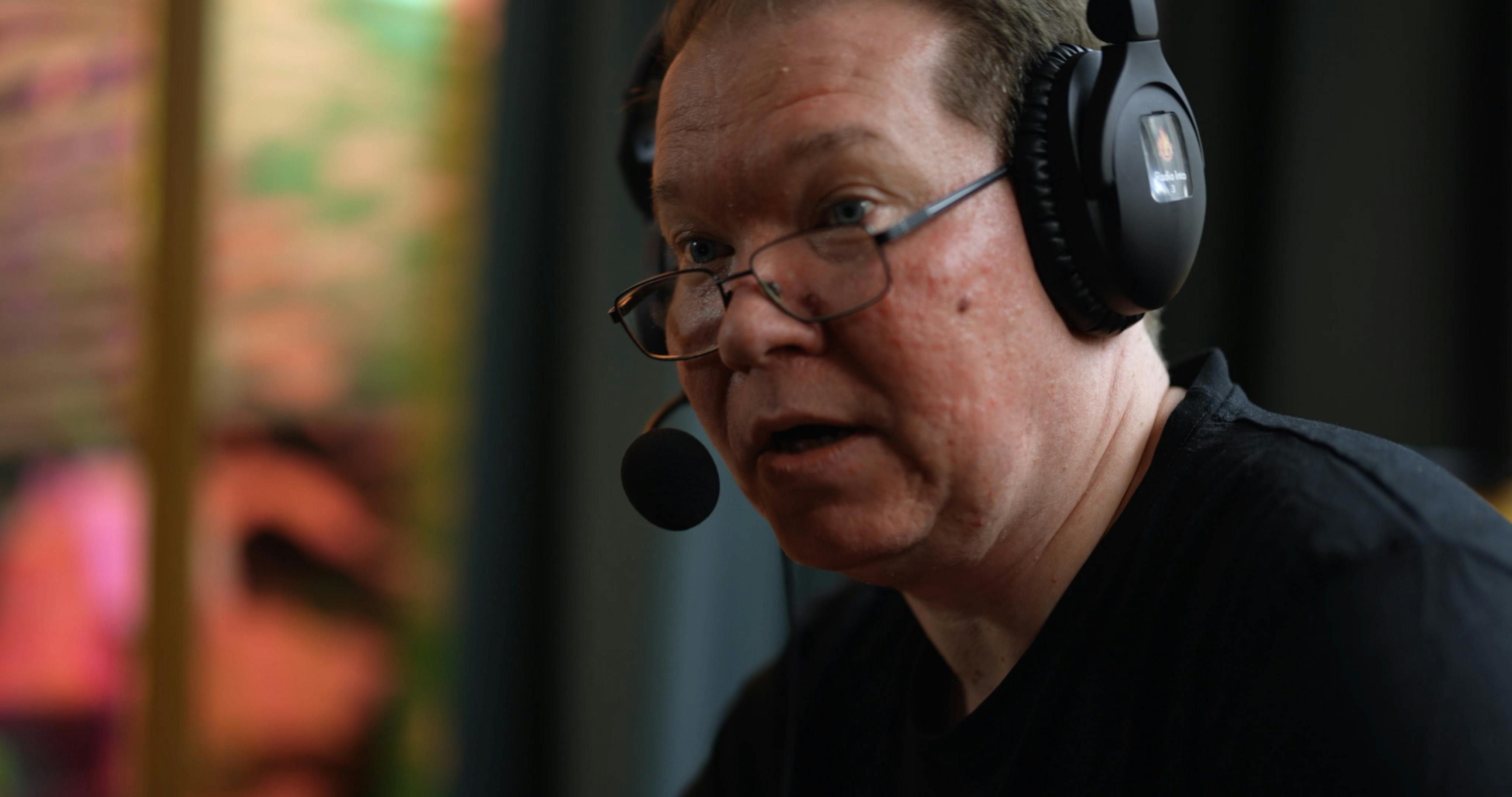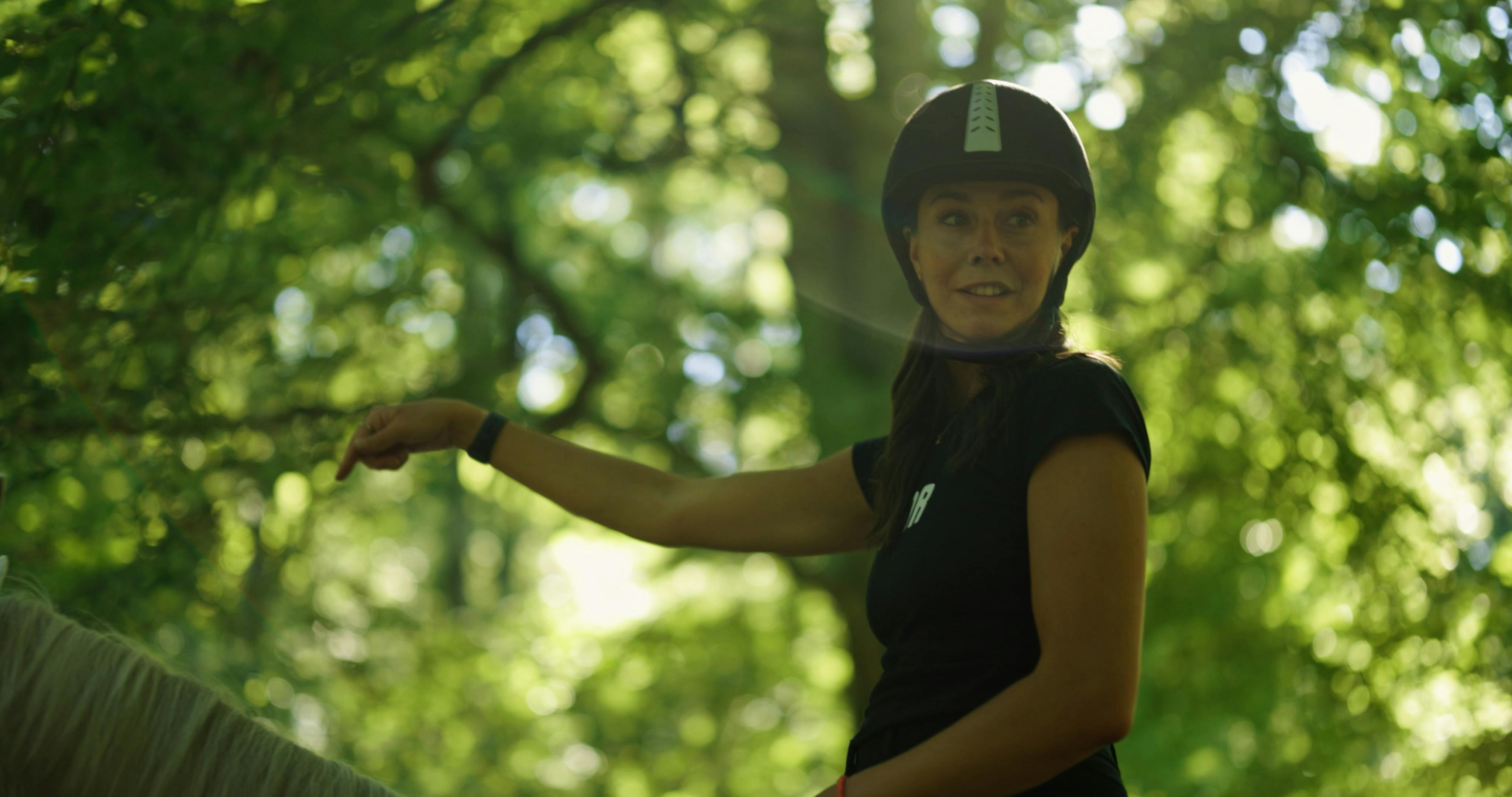Article
8 coaching tips for elite sports and business

25/9/2023
min read
Team Visma | Lease a Bike
A version of this blog article was first published on ZigZagHR. You can read the Dutch article here.
This article was written when Visma was co-sponsor of Team Jumbo-Visma. Today, Visma is first title sponsor of Team Visma | Lease a Bike.
At the core of every successful team – whether it’s in elite sports or in business – is a unifying sense of personal freedom, responsibility, and confidence. That’s the shared vision of Richard Plugge, Managing Director/CEO of Team Jumbo-Visma, and Linda Emmery, Director People & Culture for Visma Public Segment. Their coaching principles have made their teams definitive leaders in their respective arenas. So, of course, we had to ask them for their best tips on modern leadership! Here are eight principles they believe make the biggest impact.
1. Combine individual goals with team ambition
Every team has a goal. The trick is to get every team member on the same page to achieve that goal. That only works when each person is 100% committed. If you want everyone to be motivated to work for the team, then you need to fit individual ambitions within your overall strategy.
Team Jumbo-Visma is a great example. They aim to win the Tour de France every year, and this year they had an even more ambitious goal to become the first team to win all three Grand Tours in a single season. (Spoiler alert: They did it!!) Those are huge goals that require every single rider to be fully committed.
To get their riders on the same page, the directors and managers assess each individual’s ambitions for the year. Then, they make a plan that keeps the riders happy and willing to sacrifice for their team. When everyone knows exactly what their role is, they’ll be more motivated to fulfil that role.
Read more on why goal setting is great for team building.
2. Let your team navigate themselves, and adjust when needed
Giving direction at every step doesn’t work. You have to let your people determine their own path. In doing so, you give them a lot of freedom and a lot of responsibility. This ensures more motivation, more self-confidence, more ownership and, ultimately, better results. Let your team think for themselves by asking the right questions. Let them take a critical look at themselves and take matters into their own hands. If your team seems to be going off track, that’s when you step in to make adjustments.
3. Throw all obstacles on the table
The road to success is full of obstacles. And, as a coach, you need to help your team overcome them. That’s why it’s important to determine all the obstacles from the get-go. Why is an employee not performing as expected? What keeps a rider from performing at the highest level? As a coach, you need to dive into the problem with each team member and try to solve it together. Trust is crucial in coaching and leading. Show your team that you trust them and that they can trust you.
4. Create a complementary team
As a coach or facilitator, you need to acknowledge the differences between people and create a complementary team based on those differences. Some people are good climbers, others grind the whole ride at a high pace, and some riders are stronger at the end of the race. Always put people in the right place depending on their potential. If you give each person a role that aligns with their interests and abilities, you’ll build the strongest team possible.
Read more on why diversity in team composition is key.
5. Empower your people to believe in themselves
Anyone who holds an important position, whether in a race or in the office, experiences a lot of pressure. In cycling, leaders finish the work of their helpers. They train for months on end for that one top performance. The pressure is enormous. That’s why, as a coach, you have to give your people confidence – not only to your leader but also to your helpers, your mechanics, and your caretakers. Top athletes, for example, doubt themselves every day. If they miss even just 1% at that level, they fall short. It’s up to you, as the coach, to convince your people that they are good enough.
6. Discuss failure openly
Show your employees that you don’t push them aside when they’re struggling, but that you’re there to help them succeed. If you want to gain people’s trust, everything has to be open for discussion. Even failure. Obstacles can only be removed if the whole team sees them. If there is a foundation of trust within the group, you all can work for a better result together.
Keep in mind that, the more talented people are, the more they are aware of what they’re doing right and wrong. This also means they’re more likely to start doubting themselves. As a coach, you have to remind them that any doubt is unjustified because failure is just another step toward success in the long run.
7. Focus on those who want to be coached
Before coaching someone, ask yourself whether or not that person is open to feedback. Problems can only be addressed when people are willing to acknowledge them. Sit down with each member of your team and look together at what went wrong, what the consequences were, and how to do better next time. As a coach, you’re part of the team, and it’s up to your team members to ask you for help and guidance. If someone isn’t willing to ask for help, you may need to give them more time before they’re ready for coaching. Focus on those who show you they are ready in the meantime.
8. Coach yourself and ask for guidance
If you want to guide your team to the top, you have to start with yourself. Do you know who you are? Do you know what you want? The only way to show up as your best self is to be able to answer those questions and then give 100% to unlocking your full potential. If you find that you aren’t able to answer those questions, ask for help. You’re never too old, or too wise, to keep learning and growing.

Voice of Visma
Welcome to the Voice of Visma podcast, where we sit down with the business builders, entrepreneurs, and innovators across Visma, sharing their perspectives on how they scale companies, reshape industries, and create real customer value across markets.
Sponsorship,Team Visma | Lease a Bike


